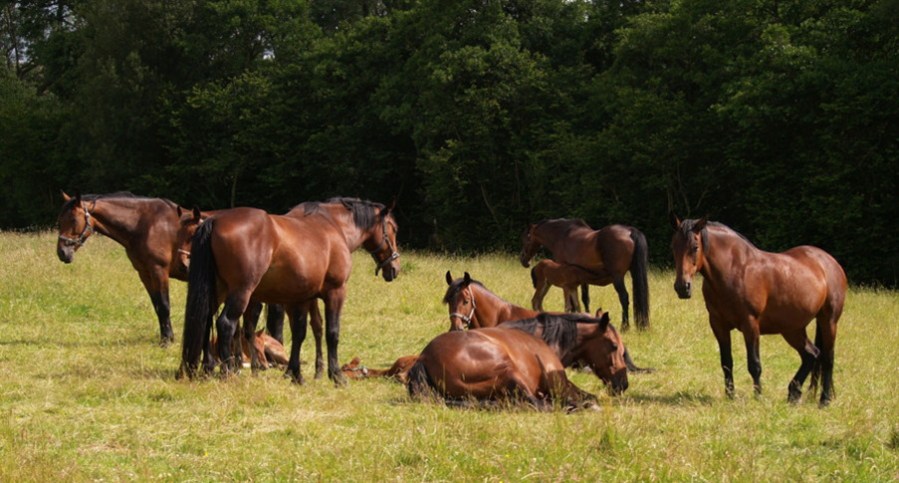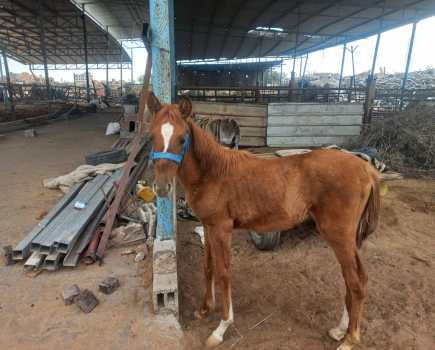Researchers have helped to safeguard the genetic diversity of England’s oldest established horse breed, the Cleveland Bay.
The Nottingham Trent University study focused on minimising relatedness among the Cleveland Bay by supporting breeders with historical information about individual animal’s kinship via their pedigree records.
The work, which has taken place over almost 20 years, has helped to reduce the rate of inbreeding in Cleveland Bay horses from more than three percent per generation to less than 0.5% per generation.
In addition, the effective population of Cleveland Bays in the UK has increased from 20 in 1994 to more than 140 in 2020.
A ‘Breed Conservation and Management System’ has been developed, which offers breeding recommendations based on horses’ genetic backgrounds. It offers breeders a simple red, amber, green system based on whether horses are related and should be bred.
“What we have created is like a family tree for Cleveland Bay horses,” said Nottingham Trent University researcher Professor Philippe Wilson.
“There are serious and growing concerns about genetic diversity in many breeds. Animals are bred for all sorts of commercial purposes and for particular traits and qualities, but once genes are gone they are gone forever.
“If we do not have enough pure-bred individuals, or if one male in a small population is breeding with many females for instance, this can have a deleterious effect on genetic diversity.”
Heritage breed
The Cleveland Bay originated three centuries ago in the northeast of England, where it was used both as a carriage horse and to work the land.
Since the end of the first world war the breed has suffered a substantial decline in numbers due to modernised transport and mechanisation of agriculture.
By the 1950s it was close to extinction, with only four pure bred stallions remaining and it is currently one of seven equine breeds listed as a priority by the Rare Breeds Survival Trust.
“We have created a tool which uses animals’ pedigree records and genetic status to inform breeding strategy,” added Nottingham Trent University researcher Dr Andy Dell.
“We have shown this tool to work successfully in improving the population genetics of the endangered Cleveland Bay horse and we can apply our system to other endangered breeds.”
Lead image by Colin Green









